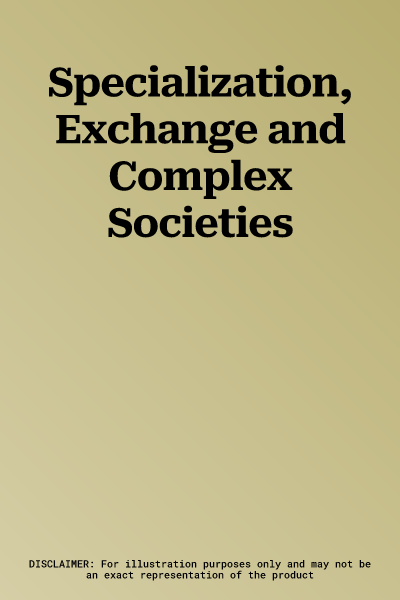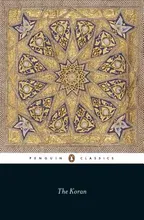Specialization, Exchange and Complex SocietiesHardcover, 27 February 1987

Temporarily out of stock
Free Delivery
Cash on Delivery
15 Days
Free Returns
Secure Checkout

Part of Series
New Directions in Archaeology
Part of Series
Intercellular and Intracellular Communication
Print Length
160 pages
Language
English
Publisher
Cambridge University Press
Date Published
27 Feb 1987
ISBN-10
0521321182
ISBN-13
9780521321181
Popular Books
Ships in
Description
Product Details
Book Format:
Hardcover
Date Published:
27 February 1987
Dimensions:
27.89 x
21.49 x
1.4 cm
ISBN-10:
0521321182
ISBN-13:
9780521321181
Language:
English
Location:
Cambridge
Pages:
160
Publisher:
Weight:
630.49 gm











